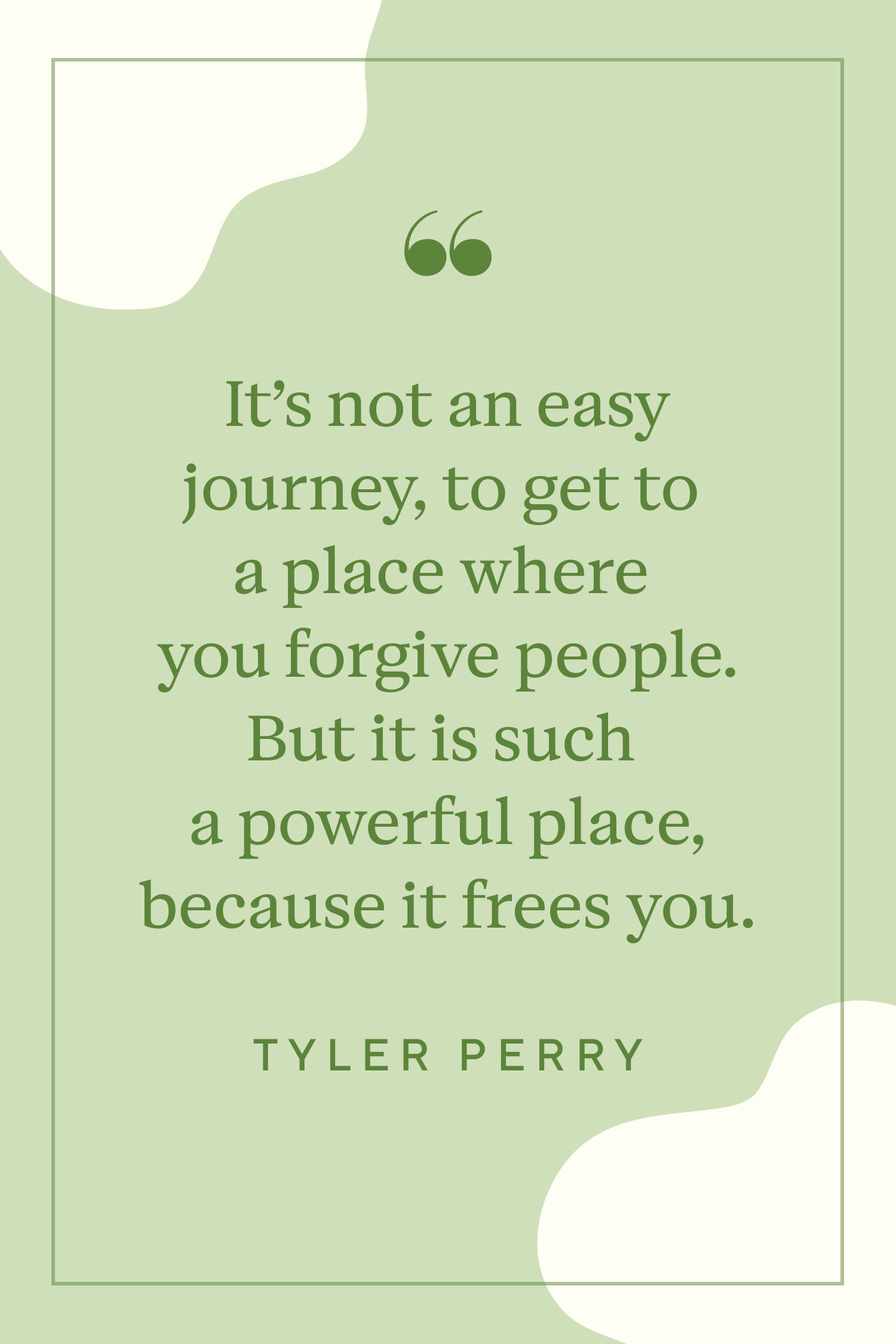The Importance of Forgiveness in Cultivating Inner Peace and Emotional Freedom
The Importance of Forgiveness in Cultivating Inner Peace and Emotional Freedom
Blog Article
Understanding the Significance of Mercy in Healing Relationships
Mercy is usually watched as a simple act of letting go, yet its significance in recovery connections prolongs much past plain absolution. What remains to be discovered is the extensive influence mercy can have on individual growth and common harmony.
The Meaning of Forgiveness
Although mercy is typically viewed as an easy act of allowing go, its definition encompasses an intricate interplay of emotional and psychological procedures. At its core, mercy is the mindful choice to launch feelings of animosity or revenge towards a specific or group that has created harm. This process is not merely about discharging the wrongdoer; instead, it involves a profound emotional transformation that can lead to personal development and healing.
Forgiveness is diverse, typically characterized by a person's inner battle to reconcile their discomfort with the need for peace. It needs acknowledging the wrongs committed, processing the linked feelings, and eventually choosing to relocate forward without the worry of animosity. This choice usually involves a cognitive shift, where one reframes their understanding of the criminal and the disobedience, enabling for compassion and recognizing to emerge.
Notably, mercy does not indicate pardoning the actions or failing to remember the crime; it is an intentional act that prioritizes emotional well-being. By specifying mercy in this fashion, we can value its function in helping with healthier relationships and fostering emotional strength, establishing the phase for deeper expedition right into its benefits.
Psychological Advantages of Mercy
Mercy uses considerable psychological advantages that can exceptionally affect an individual's mental health and wellness and total wellness. When an individual chooses to forgive, they proactively launch sensations of anger, animosity, and anger, which can otherwise create a heavy emotional burden. This release often brings about a reduction in stress and anxiety and anxiousness, promoting a sense of tranquility and emotional stability.
In addition, forgiveness fosters a boosted capacity for empathy and concern. By recognizing the point of view of the transgressor, individuals can cultivate a deeper emotional strength, which boosts their ability to handle future challenges. This process not only improves emotional law however also adds to an extra favorable overview on life.
In addition, forgiving others can reinforce one's self-worth and self-respect. It permits people to redeem their individual power, breaking totally free from the unfavorable cycles of victimhood - The importance of forgiveness. This newfound empowerment can lead to healthier psychological responses and more powerful interpersonal relationships
Forgiveness vs. Reconciliation
The difference in between forgiveness and settlement is essential in comprehending the dynamics of healing connections. Forgiveness is an internal process wherein a private picks to allow go of bitterness and adverse sensations in the direction of a person that has actually caused harm. It is largely an individual journey, concentrated on psychological launch and self-healing, permitting one to relocate ahead without lugging the concern of past grievances.
In comparison, settlement entails rebuilding and recovering the partnership to a state of depend on and shared regard. This process usually calls for open interaction, energetic involvement from both celebrations, and a dedication to attending to the underlying concerns that resulted in the problem. While forgiveness can occur separately, reconciliation requires the desire of both people to participate in dialogue and pursue a common understanding.
It is important to note that forgiveness does not constantly bring about settlement. A person may forgive another without choosing to restore the connection, specifically if count on has been irrevocably harmed or if the connection is considered unhealthy. Recognizing this distinction enables people to browse their emotions properly and make informed choices concerning their partnerships.
Actions to Cultivate Forgiveness
Cultivating forgiveness is a deliberate process that includes numerous crucial actions targeted at assisting in emotional recovery. The primary step is recognizing the discomfort brought on by the infraction. Identifying one's sensations is vital, as it permits individuals to refine their feelings really.
Following, reviewing the incident and comprehending its impact can provide clarity. This reflection ought to include taking a look at the motivations behind the offender's actions and recognizing that every person is imperfect.
The third action includes making an aware decision to forgive. This choice is vital, as it signifies a determination to let go of resentment and move ahead.
Consequently, sharing sensations in a useful fashion can be beneficial - The importance of forgiveness. Whether through journaling, speaking with a trusted pal, or seeking treatment, expression of feelings can assist in the mercy journey
Real-Life Examples of Mercy

In an additional instance, a close-knit team of friends dealt with a significant break after one member accidentally shared a private key. Rather than nurturing animosity, the affected friend determined to forgive, comprehending the significance of valuing the relationship over the blunder. This choice encouraged open dialogue and inevitably strengthened their connection.

Final Thought
To conclude, mercy plays a critical duty in the recovery of partnerships by helping with the release of unfavorable emotions and view cultivating empathy. By identifying in between mercy and reconciliation, people can involve in a useful process that improves psychological well-being. Executing steps to cultivate forgiveness can bring about transformative end results, reinforcing connections and promoting an encouraging atmosphere. Ultimately, the method of mercy offers as a driver for personal growth and the nurturing of much healthier social dynamics.

Report this page